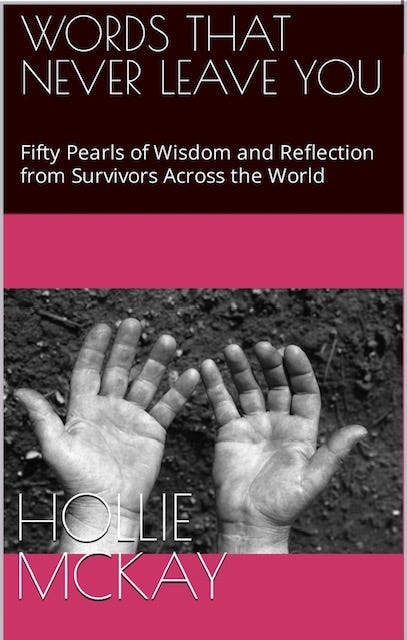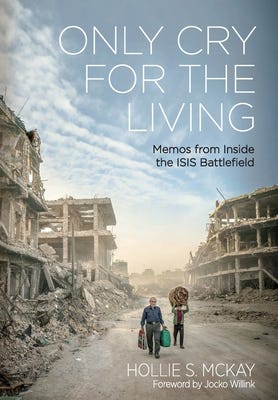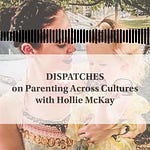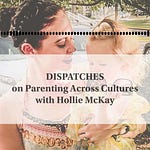Happy Mother’s Day.
I wanted to share with you a few anecdotes, reflections and diary entries of some of the incredible mothers I have met in my expeditions around the world. It is all the more poignant as I ready to become a first-time mother myself in a few months’ time… And a big shout-out to my mum (Aussie spelling) and big sister for always caring for little me… Miss you both. We are never too old to miss our mothers.
UKRAINE, MARCH 2022
In the corner of the small enclosure, a rare respite of warmth from the harsh freeze outside, a toddler entertains herself for an hour unloading and reloading small crates of strawberry yogurt as her mother packs and unpacks their small suitcase, all they brought with them in the desperate flee for their lives.
Nearby, another mother named Maria cradles a tiny newborn named Mark, wrapped in soft blankets, and sleeps soundly through it all. She breathes a long sigh of relief when her husband arrives on an evacuation bus. Maria had to be rushed to the hospital in Vorzel to give birth in the middle of the madness last week. Her two older children are left behind with relatives in Bucha, a small city under intense conflict. Maria can no longer reach them, bursts into tears, and admits she does not know when she will see them again.
“Soon,” Maria sobs. “Soon.”
Fright and trepidation weigh heavy on the women, many of whom are alone, with no idea where they will go next. Another young woman cries into her phone, and as the rumble of incoming artillery grows louder and more persistent, she leaps to her feet and runs back and forth between the tent flap on the verge of a panic attack. Someone tries to restrain her, but she squeals like a wounded animal. Why must she act restrained? She does not want to be restrained. She does not want to hold back. Why should she be forced to hold back?
Outside, streams of bright yellow buses splutter inside, filled with the elderly, the young, the disabled and the very afraid. Most appear worn to the brink, wary of venturing to the table filled with heavily buttered sandwiches and syrupy tea organized by local women and those working for the local council. One of the saddest things I observe that day is a teen boy standing for hours in the snow, his eyes darting across the open field as new convoys arrive, holding a sign in search of those he loves most in the world. The sign bears the name of his mother. I will never forget him. I will never stop wondering if his mother survived.
EL SALVADOR, 2021
After her sister-in-law was viciously killed collecting firewood, and mortars continued to rain down on their frail family home, a heavily pregnant Virginia decided to undertake the gloomy 190-mile journey to the Mesa Grande refugee camp in Honduras. Virginia pleaded with her mother to join her. But her mom would not leave the only home she had ever known.
In May 1980, all alone on a bomb-laden path, Virginia went into labor. She was all alone. Under the moonlight and trying her hardest not to make noise, she made a small clearing by the mountainside, pulling out her daughter. What a woman. What an incredible woman. Virginia continued to flee with a wailing newborn in her arms. Nevertheless, she was propelled to her knees when a shrapnel from a mortar struck close by, kicking up into her stomach and slicing the umbilical cord that had not yet been removed.
“Until now,” Virginia moans, touching her abdomen. “It is very painful.”
Soon after, their homes, possessions, and her beloved mother would be butchered and burned to the ground. That was not all Virginia lost in the war. She lost nine years of her life roving anxiously through the Honduras refugee camp, clinging to the radio for news and names of the dead. She also lost three of her six children.
Forcibly recruited to become a rebel fighter when she was twelve, one daughter was shot through the chest a year later by government troops in a rainstorm. Virginia lost a baby son to a tetanus infection. When she speaks about her son, Virginia’s expressive eyes drop to the floor. Then at some point in 1982, she received word via radio that the fifteen-year-old boy was dead.
“They (soldiers) found him wounded, tortured him, butchered him,” Virginia says tearily. “I don’t even have a single picture of him.”
I think about how back home, in almost every interview that I do, everyone wants to ask me about my closes brushes with death, the closest I have ever come to believing it is the end. I never have an answer prepared, and if I can politely steer the question away, I will. It is not that I don’t have Hollywood-esque tales to share. It is that I have the guilty entitlement of coming and going. Even when I stay for long stretches, foreign countries are not my home. It is women like Virginia, like all the Mozote women, who brush up against death almost every day of their young lives. Their stories are worthy of illumination much more so than mine.
SYRIA, MARCH 2018
My good Kurdish-Syrian friend, Mazloum, who had stood by my side as my fierce protector, had been captured at a checkpoint in the early days of the ISIS invasion before anyone knew who or what the terrorist group was all about. One moment he was driving along an open road, and the next, he had disappeared. For days, his family did not know where he was or what had happened. Trapped in a dark ISIS jail, he remembered how the sound of a mother’s cry outside would sift through the cracks during the witching hour.
Over and over, the mother would call her son’s name. Sometimes, a frightened male voice would cry back. It reminded me of my favorite childhood book, Love You Forever by Robert Munsch. It was about a mother’s love for her son, who she brought into the world and watched grow.
“He grew and he grew and he grew. He grew until he was a grown-up man. He left home and got a house across town. But sometimes on dark nights the mother got into her car and drove across town,” the book delineated. “If all the lights in her son’s house were out, she opened his bedroom window, crawled across the floor, and looked up over the side of his bed. If that great big man was really asleep she picked him up and rocked him back and forth, back and forth, back and forth. And while she rocked him she sang:
I’ll love you forever, I’ll like you for always, As long as I’m living my baby you’ll be.”
The mother, risking her own life to slither around the jail in the darkness, would never give up on her baby.
Then the mother’s voice disappeared.
IRAQ. JULY, 2016
We ate by moonlight and candles, and I went to bed each night with at least one of those candles still flickering, casting silhouettes against the punctured wall. I did not want to blow it out, because like a child, there was comfort in never having to turn off the bedside lamp. Yet night after night, when the shelling started, all I wanted was my mother. I thought I could bear witness to the suffering of others, and yet not bear any responsibility.
Several of the Yazidi soldiers who also stayed in the relinquished schoolhouse, often falling asleep outside on the explosive-wracked roof with their guns cocked and their eyes half-open, did not know where their mothers were as they had been taken by the insurgents. But from a son’s pained eyes, they believed that someday their mothers would come home.
“We will find her,” one soldier said to me one night.
Over and over he said it. Only they would never find her and still he waits. She is missing, he still tells me. She cannot be gone.
PLEASE CONSIDER A PAID SUBSCRIPTION TO THIS SUBSTACK TO HELP KEEP INDEPENDENT, AGENDA-FREE WRITING AND JOURNALISM ALIVE. THANK YOU SO MUCH FOR YOUR SUPPORT.
For speaking queries please contact meta@metaspeakers.org
I am also available for a select number of private coaching sessions for those wishing to write a book or venture into the foreign journalism space. Please contact directly for rates hollie@holliemckay.com
Follow me on Instagram and Twitter for more updates
HOLLIE’S BOOKS
** Short read of meaningful lessons gleaned from the ordinary forced to become extraordinary
Order your copy of “Afghanistan: The End of the US Footprint and the Rise of the Taliban Rule” due out this fall.
For those interested in learning more about the aftermath of war, please pick up a copy of my book “Only Cry for the Living: Memos from Inside the ISIS Battlefield.”
If you want to support small businesses:


















Share this post